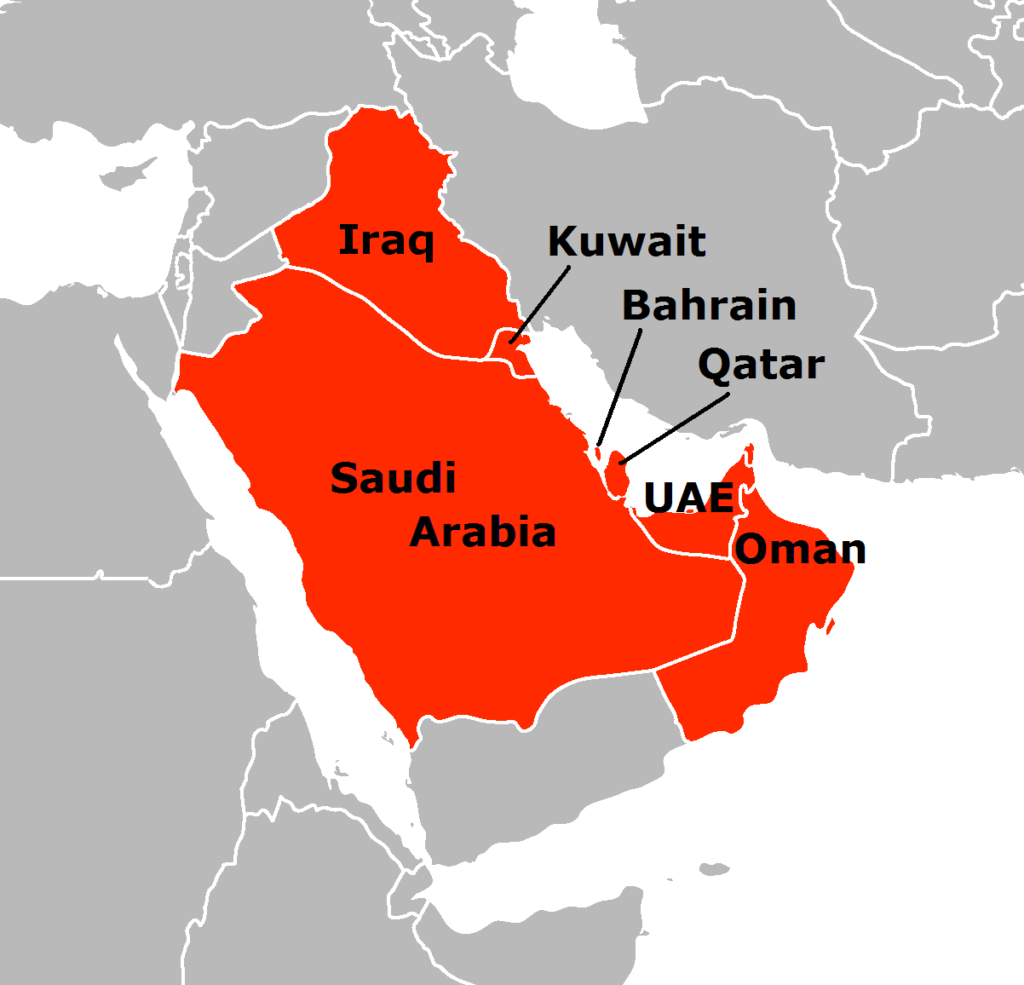
STRATEGIC ASSESSMENT. The February 2022 Russian invasion of Ukraine has multiplied the number of files that divide the United States from two of Washington’s key Persian Gulf partners, Saudi Arabia and the UAE. Russia’s permanent membership on the United Nations Security Council and its role as a major oil and natural gas exporter have prompted the two Gulf states to maintain ties to Moscow, despite its unprovoked war on Ukraine. The UAE, which currently has a seat on the UN Security Council, incurred U.S. criticism for its abstention on February 25 on the Council resolution denouncing the invasion. The UAE reportedly abstained to gain Russia’s support on a subsequent Council resolution imposing a worldwide embargo on arms transfers to the Iran-backed Houthi movement in Yemen, which the Kingdom and the Emiratis have been fighting since 2015. Some U.S. leaders have criticized Riyadh for the Saudi foreign minister’s recent public meetings with Russian Foreign Minister Sergei Lavrov, in which he stressed continued positive relations with Moscow. The two Gulf states have continued to coordinate with Russia on global oil prices within the “OPEC Plus” framework, and they have ignored U.S. pleas to increase oil production to compensate for Russian oil taken off the market by Western sanctions. Beyond rebuffing U.S. officials, MBS has raised the possibility of pricing Saudi oil sales to China in that country’s currency, the yuan—a move that could weaken the role of the U.S. dollar as the main global reserve currency. U.S. officials have also insisted that the UAE limit security ties to China as a condition of finalizing the sale of the advanced F-35 Stealth Fighter to the Emirates.
The growing strains with Washington expand on longstanding grievances voiced by MBS and his close ally, UAE de-facto leader Mohammad bin Zayid Al Nahyan (MBZ). The two Gulf leaders have been vocal critics of U.S. policy since the 2011 Arab Spring uprisings, in which the United States did not act to prevent the downfall of longtime Egyptian leader Hosni Mubarak. The two Gulf rulers interpreted the U.S. stance as an indication that the United States would not support any Gulf leader who is challenged by a domestic uprising. Saudi Arabia and the Emirates also have long questioned the U.S. commitment to defend them against Iran, citing the following: the exclusion from the 2015 multilateral Iran nuclear agreement of any provisions to roll back Iran’s regional interventions; the lack of U.S. retaliation against Iran for its September 2019 missile strike on Kingdom oil infrastructure; and the 2021 U.S. decision to try to restore the 2015 Iran nuclear deal.
U.S.-Gulf differences on Iran have come into play in Yemen—a theater in which the two Gulf states have sought to curb Iranian influence by intervening militarily in 2015 against Tehran’s ally, the Zaidi Shia Houthi movement. The United States has supplied precision-guided munitions and logistical support to the Saudi-led military effort in Yemen, but in 2018, Washington began to curtail that support as international criticism burgeoned over the civilian casualties and humanitarian disaster caused by the conflict. The two Gulf leaders strongly criticized the U.S. decision in February 2021 to remove the Houthis from the U.S. list of foreign terrorist organizations (FTOs). UAE leaders reportedly were also angered by the lack of U.S. retaliation for Houthi missile attacks on the UAE in February, even though it was U.S.-supplied missile defenses that intercepted the brunt of those attacks.
Saudi Arabia’s human rights practices, and in particular MBS’s involvement in the 2018 killing of Saudi dissident journalist Jamal Khashoggi, have further alienated MBS from a wide range of U.S. leaders. Some U.S. officials cite the Saudi execution of 81 men on March 12—its largest mass execution in years, despite recent promises to curtail its use of the death penalty—as further evidence of MBS’ disregard for U.S. perspectives on human rights. An April congressional letter to Secretary of State Antony Blinken, signed by 30 members of Congress, called for an update on the status of a review of U.S. policy toward Saudi Arabia. The letter stated, “The United States can continue our status-quo of broad support for an autocratic partner, or we can stand for human rights and rebalance our relationship to reflect our values and interests.”
The widening gap between the positions of the United States and the two Gulf states has not shaken the foundations of the U.S. security partnership with them. No joint military drills in the Persian Gulf or on land have been canceled. Most U.S. arms sales to the two are continuing. U.S. forces are still deployed to bases and facilities in the two countries. And U.S. strategic cooperation and coordination with the two have not been altered. No U.S. sanctions have been imposed on either Gulf state. The September 2020 decision by the UAE and Bahrain—another Gulf state that is extensively influenced by Saudi Arabia—to normalize relations with Israel has undoubtedly helped limit damage from the U.S. disputes with the Kingdom and the Emirates. Additionally, Russia’s poor military performance in Ukraine surely has made clear to both MBS and MBZ that there is no alternative to the United States as the ultimate guarantor of Gulf security.





